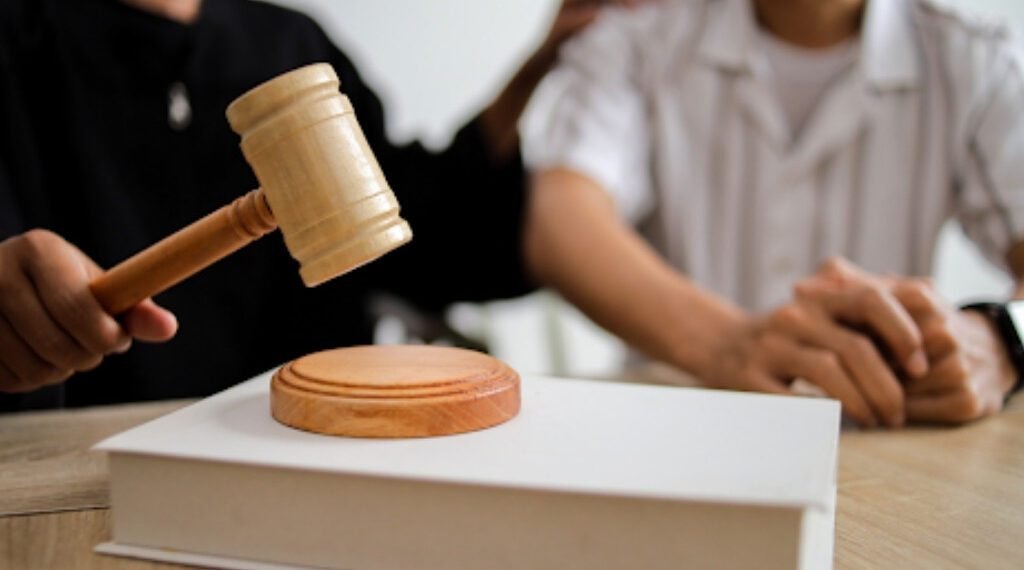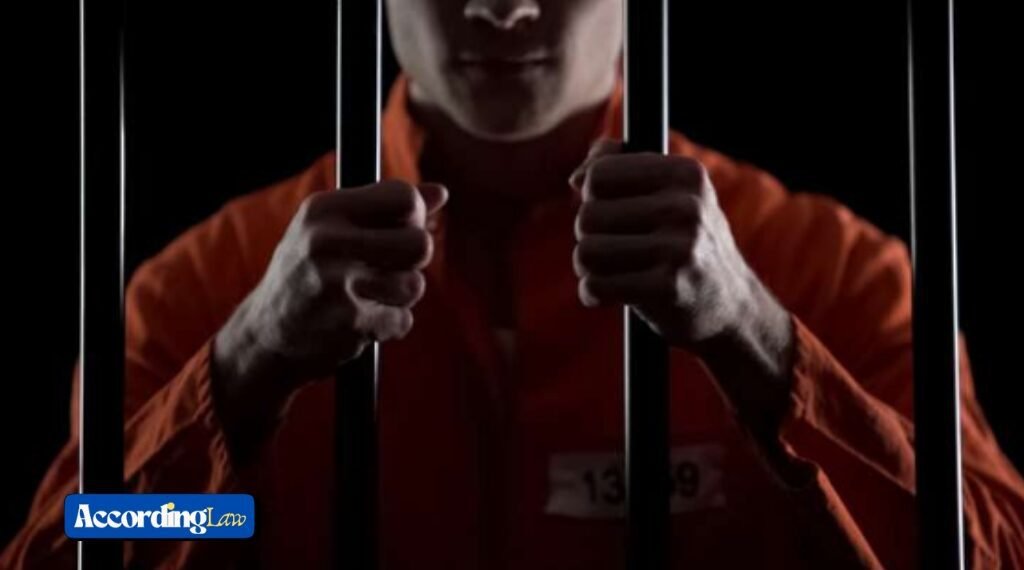You’re staring down criminal charges, and honestly? Your entire future depends on how skillfully your attorney crafts your defense. Here’s what the research tells us: defendants who secure effective legal representation experience dramatically higher dismissal rates and lighter sentences than those going it alone.
Understanding how top-tier attorneys construct bulletproof defenses isn’t just academic curiosity, it’s your roadmap to making smart decisions about your legal strategy. This deep-dive guide uncovers the systematic approach that distinguishes truly exceptional defense attorneys from the mediocre ones.
Grasping why solid legal representation transforms case outcomes is only step one, let’s dive into the core building blocks that every sharp criminal defense lawyer puts in place right from the start.
Table of Contents
Foundation Elements Every Criminal Defense Lawyer Establishes
Every rock-solid defense starts with obsessive fact-gathering that goes way beyond surface-level details. Attorneys invest countless hours rebuilding timelines, spotting contradictions in police documentation, and sizing up witness reliability. “Your Best DUI Defense Starts Here. We’ll Protect You and Your Future” captures the all-encompassing methodology that winning criminal defense attorneys employ during initial case evaluations.
The client interview journey unfolds across multiple meetings where attorneys dig for seemingly trivial details that might evolve into game-changing defense components. Defense lawyers know that clients frequently hold back information due to shame or anxiety, making relationship-building absolutely crucial.
California’s labyrinthine legal system throws curveballs that demand specialized expertise and razor-sharp strategic thinking. Each judicial district across the state operates with its own quirky procedural rules that can make or break your case. Smart attorneys practicing here? They’ve mastered these regional peculiarities to craft defense strategies that actually work.
Here’s something interesting: when intricate legal issues overlap with estate planning worries, clients often gain tremendous value from their attorney’s partnership with California Estate Planning Lawyers who provide comprehensive asset protection and family inheritance safeguarding while criminal charges loom overhead. This team-based strategy proves invaluable for protecting every facet of a client’s interests.
Evidence Preservation and Documentation Systems
Today’s criminal defense lawyers deploy sophisticated frameworks for capturing digital evidence before it vanishes into thin air. They move lightning-fast to lock down cell phone records, surveillance clips, and social media content that could bolster the defense story.
Handling physical evidence demands rigorous chain-of-custody procedures to dodge tampering accusations. Attorneys catalog every evidence piece through photos, exhaustive descriptions, and witness accounts to guarantee courtroom admissibility.
Legal Research and Precedent Analysis
Building a strong case requires intensive research into applicable case law and statutory meanings. Defense attorneys dissect comparable cases to pinpoint winning arguments and spot potential traps that might undermine their client’s standing.
Constitutional rights evaluation anchors many victorious defenses, especially cases featuring search and seizure violations or Miranda rights breaches.
With these crucial foundation pieces locked down, criminal defense attorneys can now unleash sophisticated investigation approaches that frequently uncover evidence prosecutors completely missed.
Advanced Investigation Techniques Criminal Defense Attorneys Deploy
Modern defense work stretches far beyond scanning police reports and chatting with witnesses. Today’s attorneys wield state-of-the-art investigative methods that can reveal evidence the prosecution overlooked or completely botched.
Digital Forensics and Technology Integration
Cell phone data dissection exposes location details, communication habits, and app activity that can cement alibis or shatter prosecution timelines. Defense attorneys collaborate with digital forensics specialists who recover deleted conversations and rebuild digital trails.
Social media investigation frameworks encompass thorough searches across numerous platforms hunting for posts, images, and comments supporting the defense angle. GPS and location data scrutiny frequently delivers concrete proof of a defendant’s location during alleged criminal conduct.
Expert Witness Collaboration and Selection
Forensic expert assessment demands attorneys evaluate qualifications, background, and presentation abilities before courtroom testimony. Medical professional consultation becomes vital in cases featuring claimed injuries or mental health defenses.
Technical specialist coordination guarantees that intricate scientific evidence gets communicated clearly to jurors lacking technical expertise.
Scene Reconstruction and Physical Evidence Analysis
Crime scene analysis approaches involve returning to locations for spotting inconsistencies in prosecution theories. Defense attorneys regularly uncover missed evidence or alternative explanations for physical discoveries.
Ballistics and DNA evidence disputes require thorough grasp of testing protocols and possible contamination origins. Surveillance footage review methods can expose holes in prosecution schedules or uncover reasonable doubt factors.
Equipped with comprehensive evidence and expert perspectives, defense attorneys must now convert this intelligence into powerful strategic frameworks that can demolish the prosecution’s case.
Strategic Criminal Defense Approaches for Maximum Impact
Criminal defense strategies fluctuate wildly depending on case circumstances, available proof, and prosecutorial advantages. Successful attorneys craft multiple strategic pathways while staying agile enough to pivot as cases develop.
Prosecutorial Evidence Challenge Strategies
Motion filing approaches for evidence exclusion target constitutional breaches and procedural mistakes that could eliminate harmful evidence. Defense attorneys examine every element of evidence gathering for possible challenges.
Constitutional violation spotting centers on Fourth Amendment search and seizure problems, Fifth Amendment self-incrimination safeguards, and Sixth Amendment counsel rights violations. Procedural error leverage can trigger case dismissals when law enforcement ignores proper protocols.
Alternative Defense Theory Development
Alibi development and confirmation demands detailed timeline rebuilding backed by witness testimony, digital proof, and physical evidence of the defendant’s location.
Self-defense rationale strategies work in assault cases where defendants acted to shield themselves or others from immediate danger. Defendants facing such charges often benefit from consulting a seasoned Springfield assault lawyer who can assess evidence, build a compelling defense, and protect their rights throughout the legal process. Mental health defense angles address cases where psychological conditions impacted the defendant’s ability to develop criminal intent.
Innovative Case Preparation Methods Modern Attorneys Use
Technology transforms how attorneys prep cases, examine evidence, and deliver arguments to juries. Forward-thinking law firms pour resources into advanced tools that create competitive edges in complex criminal matters.
AI-Powered Legal Research and Case Analysis
Machine learning tools streamline case law investigation by pinpointing relevant precedents and successful defense tactics from thousands of comparable cases. Predictive analytics assist attorneys in evaluating jury selection tendencies and potential verdict results.
Automated document processing systems handle enormous discovery material volumes, highlighting potentially exonerating evidence that human reviewers could overlook.
Virtual Reality Crime Scene Reconstruction
3D modeling tech enables attorneys to build immersive courtroom displays that help juries grasp complicated crime scenes. Interactive evidence presentation methods engage jurors far more effectively than traditional photos or charts.
Collaborative Defense Team Coordination Platforms
Cloud-based case organization systems facilitate instant collaboration between attorneys, investigators, and expert witnesses. Secure client portal setup gives defendants round-the-clock access to case developments and critical documents.
Even the most advanced defense tactics fall flat without outstanding client communication and seamless case oversight that keeps defendants informed and confident throughout the entire process.
Client Communication and Case Management Excellence
Successful criminal defense lawyers recognize that legal mastery alone won’t cut it, clients need emotional backing and crystal-clear communication during their cases.
Transparent Progress Reporting Systems
Consistent case status briefings help clients grasp where their cases stand and what moves come next. Strategic decision consultation processes include clients in significant choices while offering professional guidance.
Risk evaluation communication approaches help clients understand potential results without creating unrealistic expectations or false optimism.
Emotional Support and Expectation Management
Criminal charges generate enormous pressure for defendants and their loved ones. Attorneys who recognize this reality and offer appropriate support frequently achieve superior outcomes because clients make more logical decisions.
Family participation coordination helps attorneys understand how cases impact entire households, not just individual defendants.
Strong communication and case oversight naturally produce better results, but how do criminal defense attorneys actually track and enhance their success rates?
Final Thoughts
Criminal defense strategies demand careful preparation, cutting-edge investigation methods, and strategic reasoning that only seasoned attorneys possess. From thorough case evaluation through innovative technology implementation, successful defense work requires expertise across multiple fields.
Effective legal representation blends legal wisdom with emotional guidance, helping clients navigate one of life’s most difficult experiences. The gap between adequate and outstanding defense frequently determines whether defendants face conviction or freedom, making attorney choice one of the most crucial decisions you’ll ever encounter.
FAQs
Q. When should I hire a criminal defense attorney during an investigation?
Right away upon discovering any investigation or potential charges, since early action often prevents formal charges and safeguards constitutional rights during questioning.
Q. Can a criminal defense lawyer guarantee specific case outcomes?
Ethical attorneys never promise specific outcomes, but seasoned lawyers can offer realistic evaluations based on case circumstances and their professional background.
Q. How do criminal defense strategies differ between misdemeanor and felony cases?
Felony cases demand more extensive investigation, expert witnesses, and thorough trial preparation due to higher stakes and potential consequences involved.
These common questions underscore the complexity of criminal defense work and emphasize why teaming up with a seasoned attorney early in the process is essential for constructing the strongest possible case.


